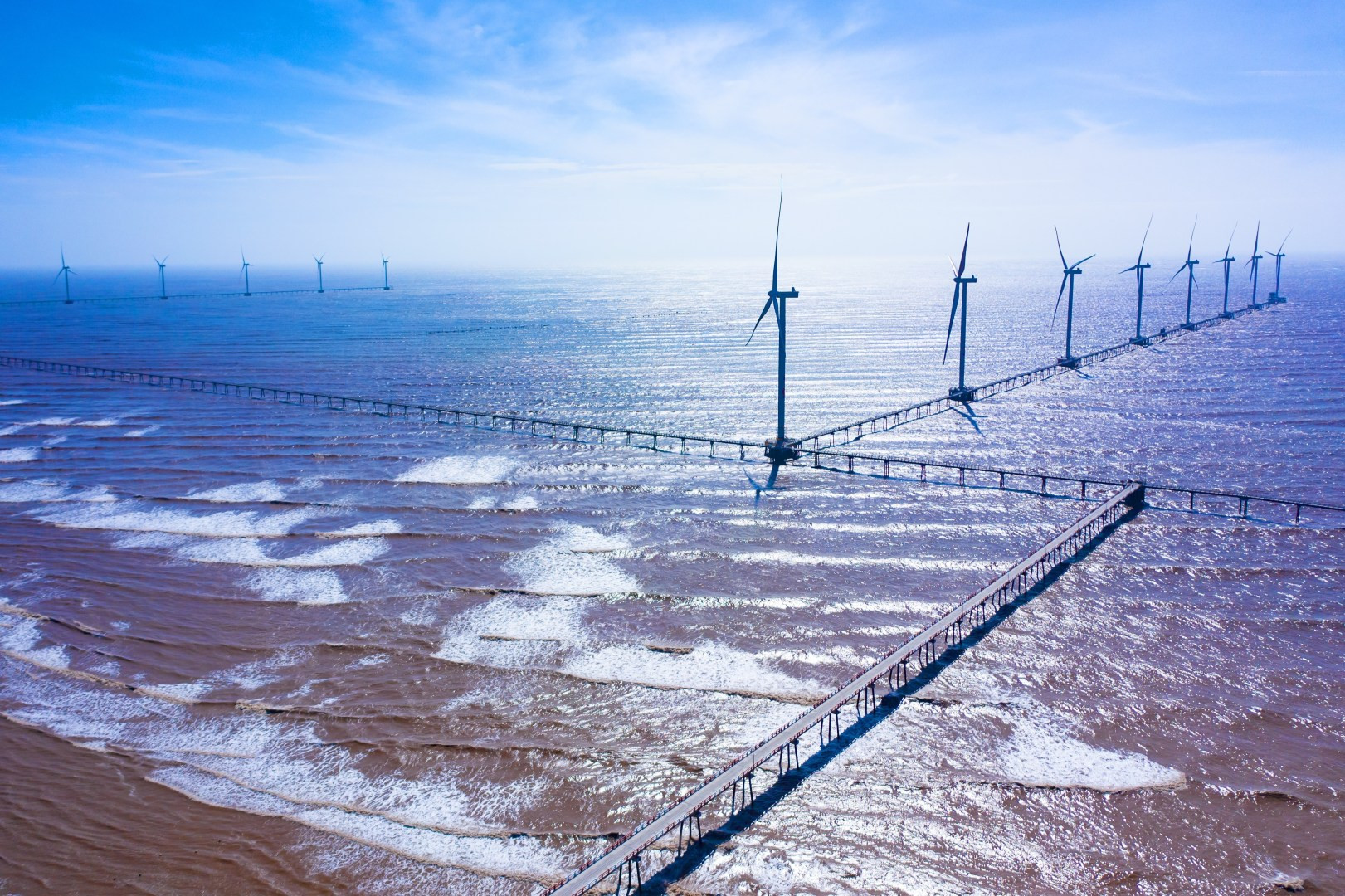
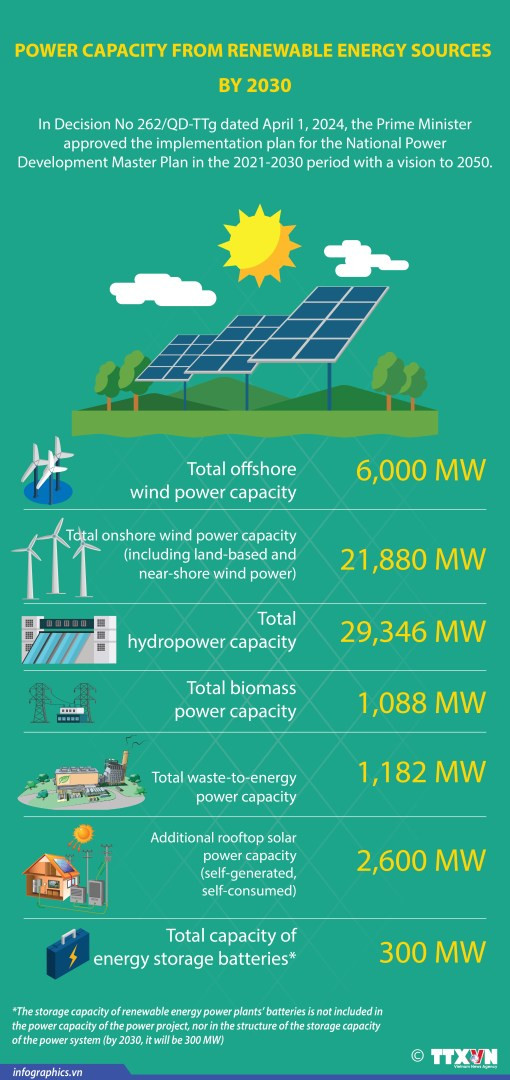
At the 28th Conference of the Parties to the UN Framework Convention on Climate Change in December last year, Vietnam officially announced its resource mobilisation plan to implement the Political Declaration on establishing the Just Energy Transition Partnership (JETP). The move underscored the country’s commitment to clean energy development, aiming for a future of net-zero emissions and sustainable growth.
Joint efforts to combat climate change
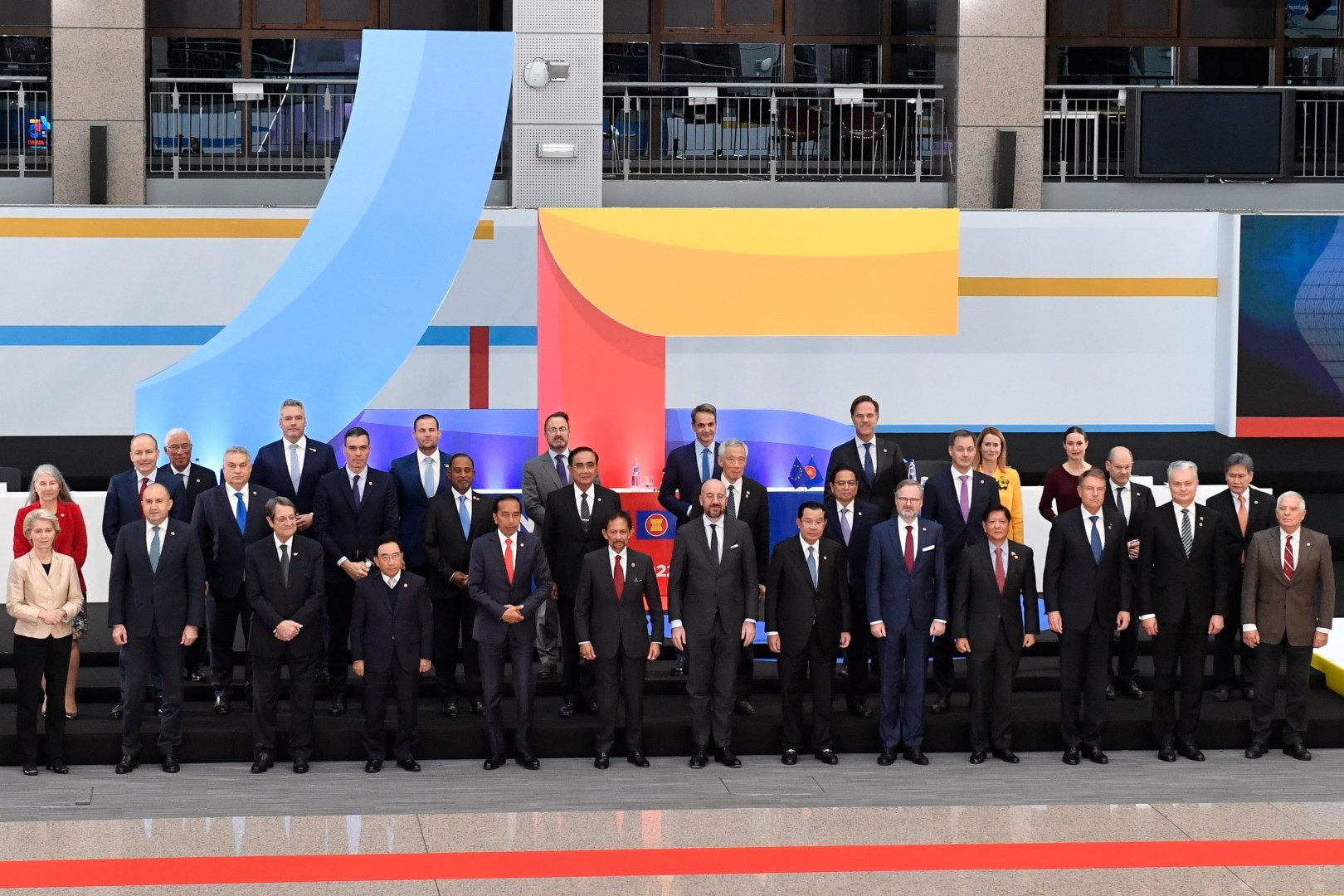
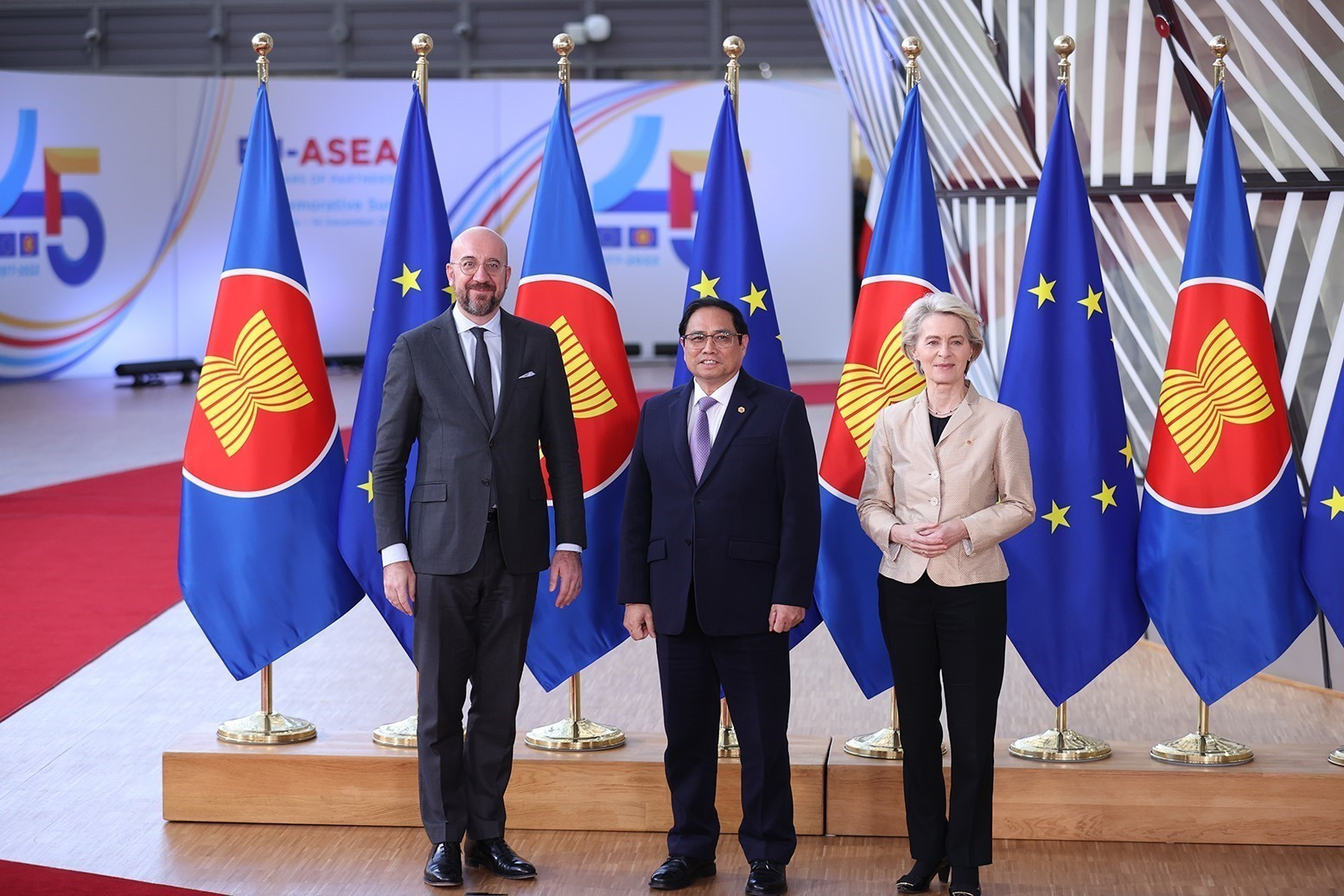
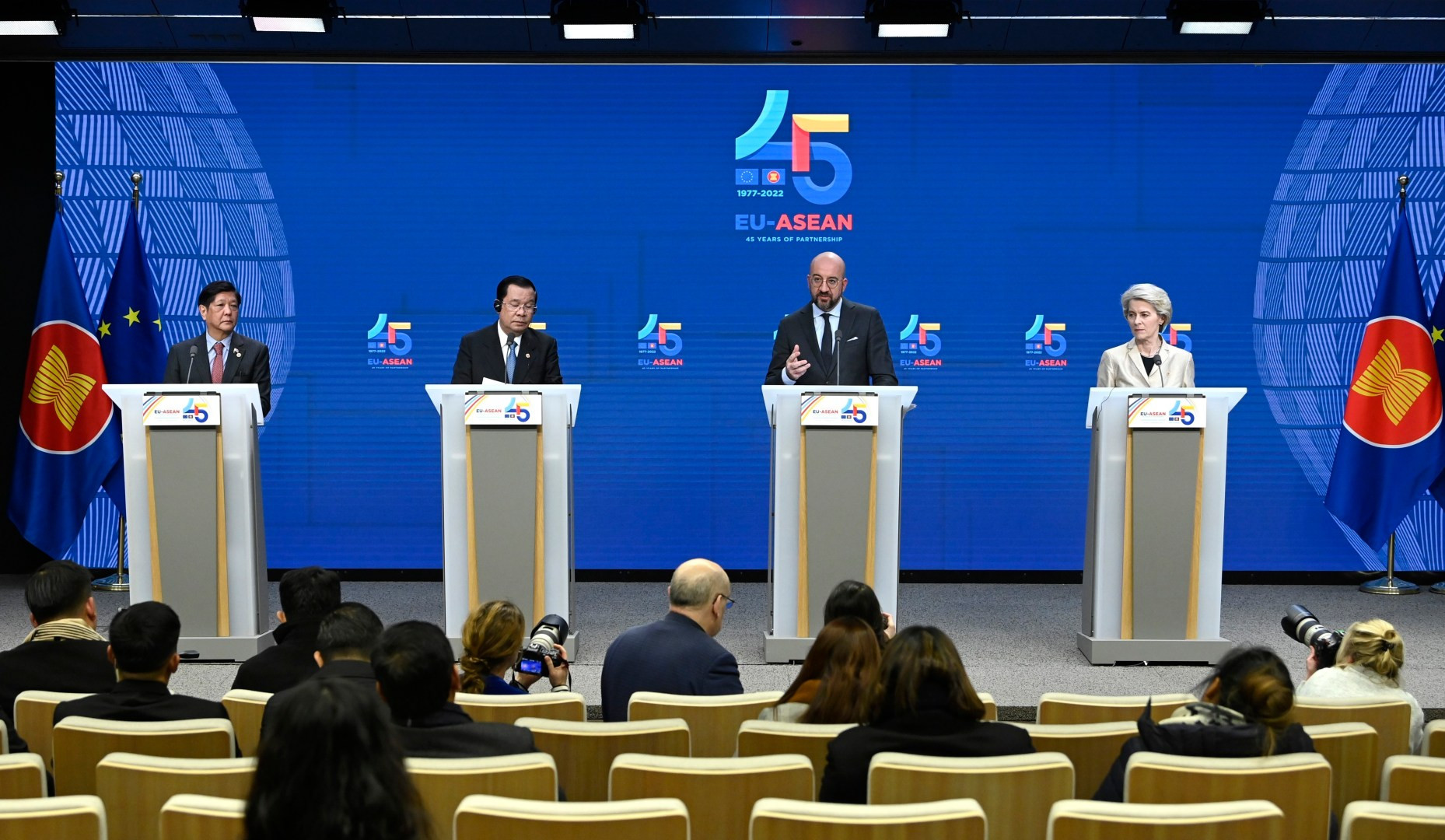
At the opening ceremony of the ASEAN-EU Commemorative Summit in December 2022 (Photo: VNA)
JETP was endorsed by Vietnam and international partners at the ASEAN-EU Commemorative Summit in Brussels, Belgium, in December 2022.
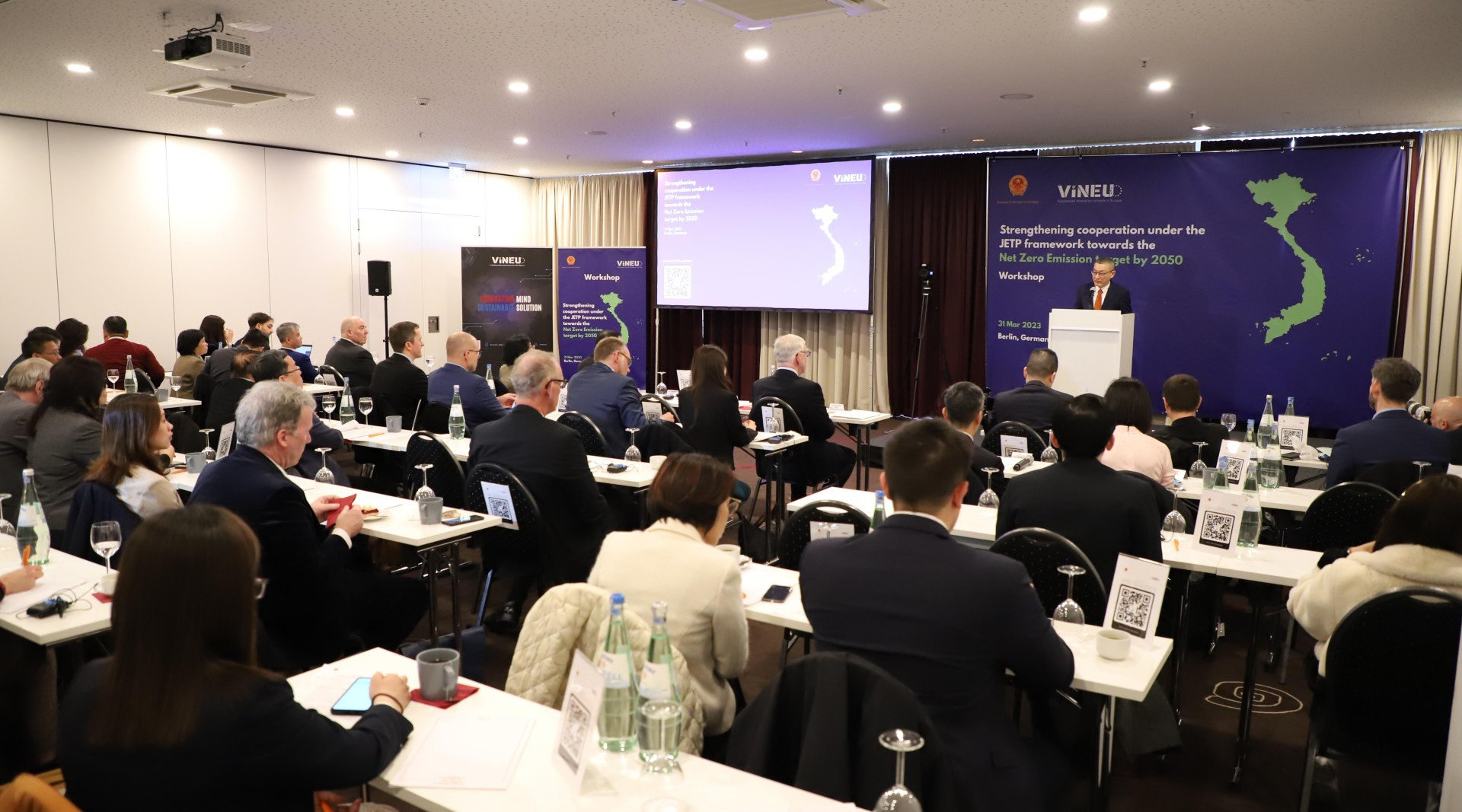
Via JETP, international partners assist Vietnam in policy refinement, technology transfer, and financial support for a just energy transition.
The assistance also comes in attracting investment in renewable energy, enhancing energy efficiency, upgrading the power grid infrastructure, and developing necessary skills and capacities through education and vocational training.
Assistance also includes boosting the private sector’s involvement, advancing renewable energy centres, and forming renewable energy industries. In addition, the efforts focus on carbon storage and utiliaation, green hydrogen production, and offshore wind development.
According to the JETP Declaration, Vietnam must collaborate with international partners to develop a resource mobilisation plan. On August 31, 2023, the Prime Minister decided to approve the JETP implementation plan.

The PM also established a JETP Secretariat, led by the Minister of Natural Resources and Environment, with deputy heads including the Deputy Ministers of Natural Resources and Environment, Planning and Investment, Industry and Trade, and Finance.
The group has driven the implementation, prioritising resource mobilisation, which outlines a roadmap for achieving just energy transition goals, project selection criteria, and necessary financial mobilisation.
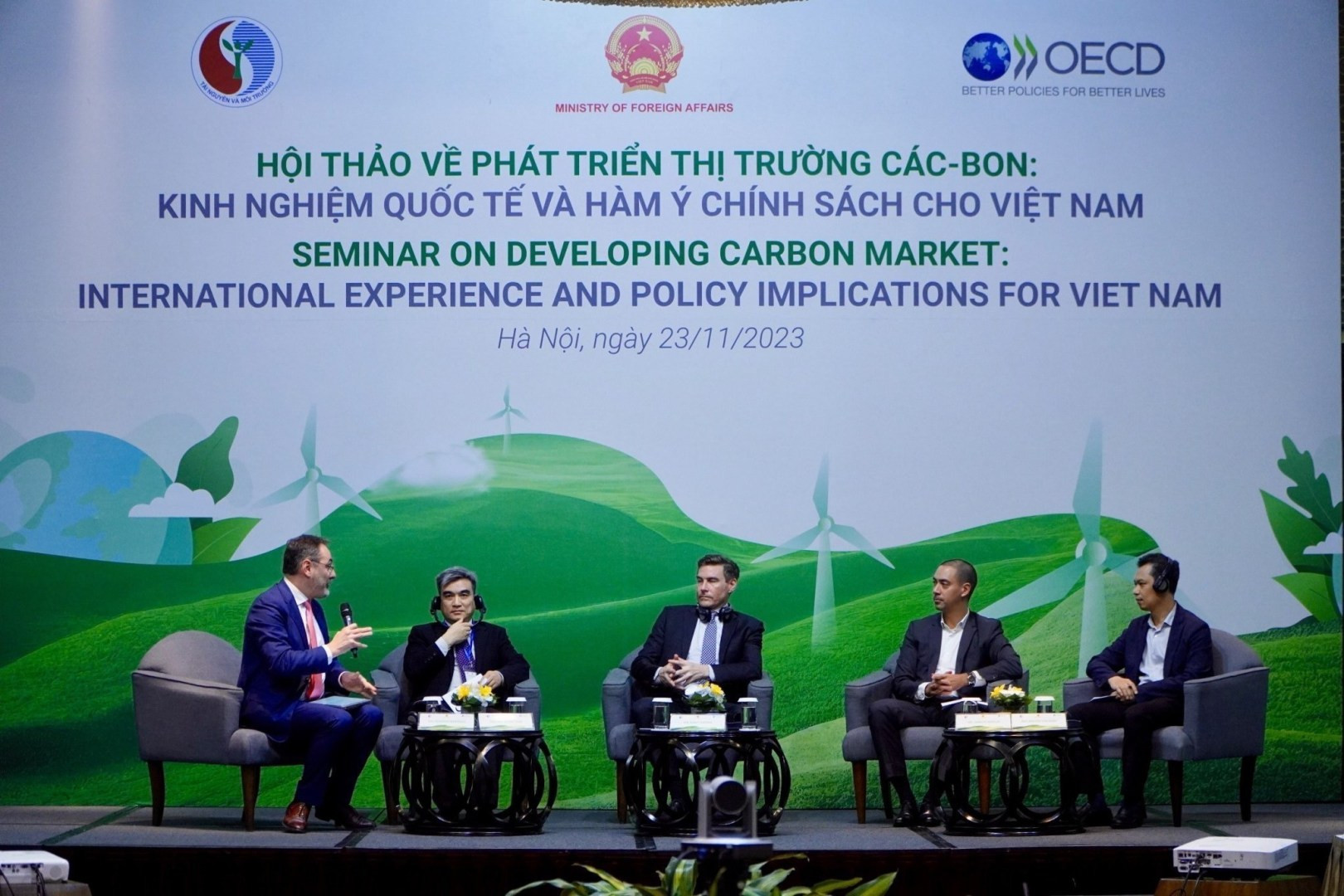
Vietnam has made a strong commitment to reduce greenhouse gas emissions in line with international commitments. In 2023, the Ministry of Natural Resources and Environment, in collaboration with the Ministry of Finance, completed Vietnam’s carbon market development plan.
It promotes cooperation with countries, international organisations, and the private sector to support the commitment made at COP26 and within other bilateral and multilateral programmes, and aiding businesses in developing low-emission technologies.

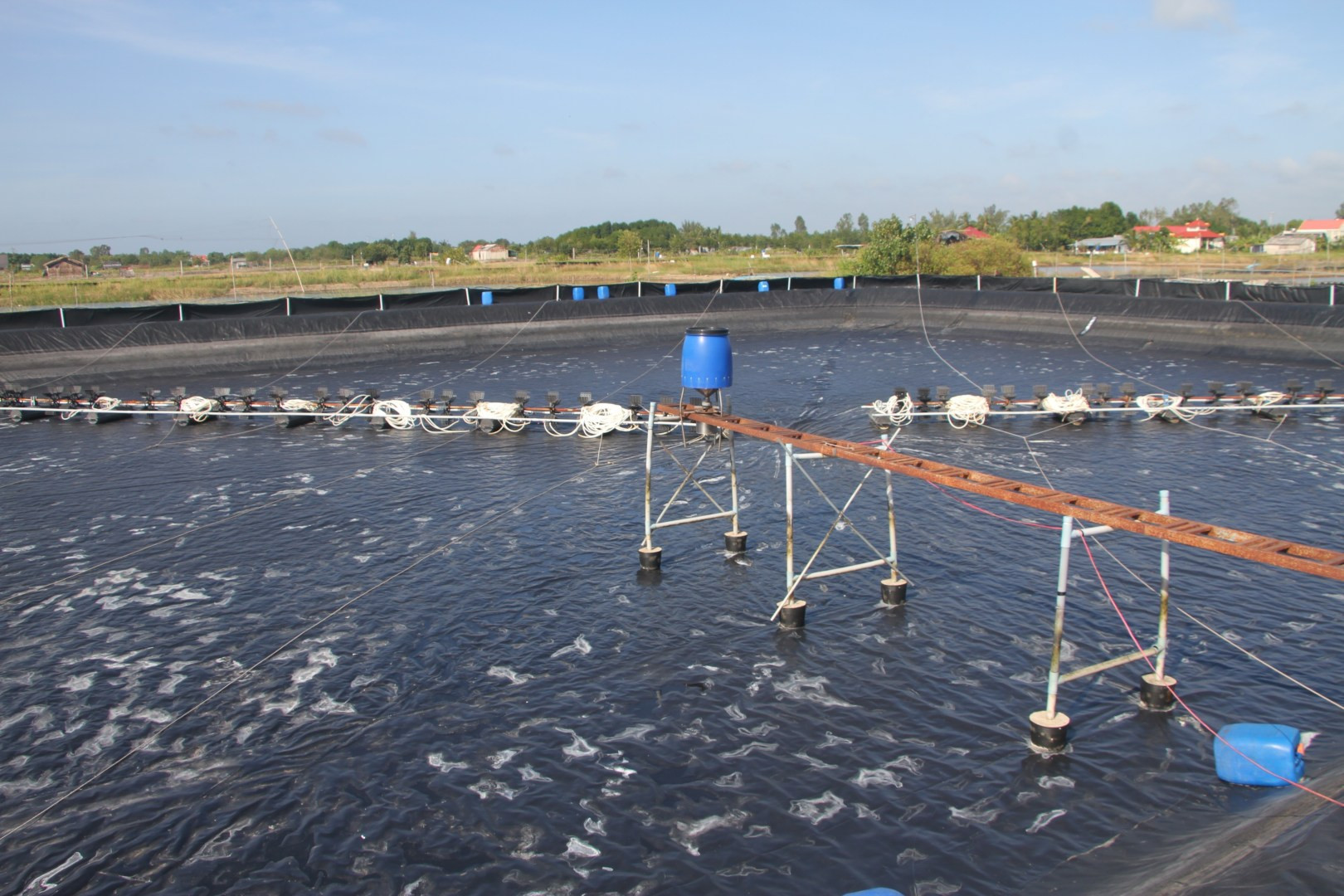

Some business models for developing low-emission technologies (Photo: VNA)
Following the PM’s directions, localities have embraced the COP26 commitment, enhancing capacity and awareness among officials and disseminating information to businesses and the public.
They have implemented climate change action strategies and plans, and reviewed local efforts to meet greenhouse gas inventory requirements.
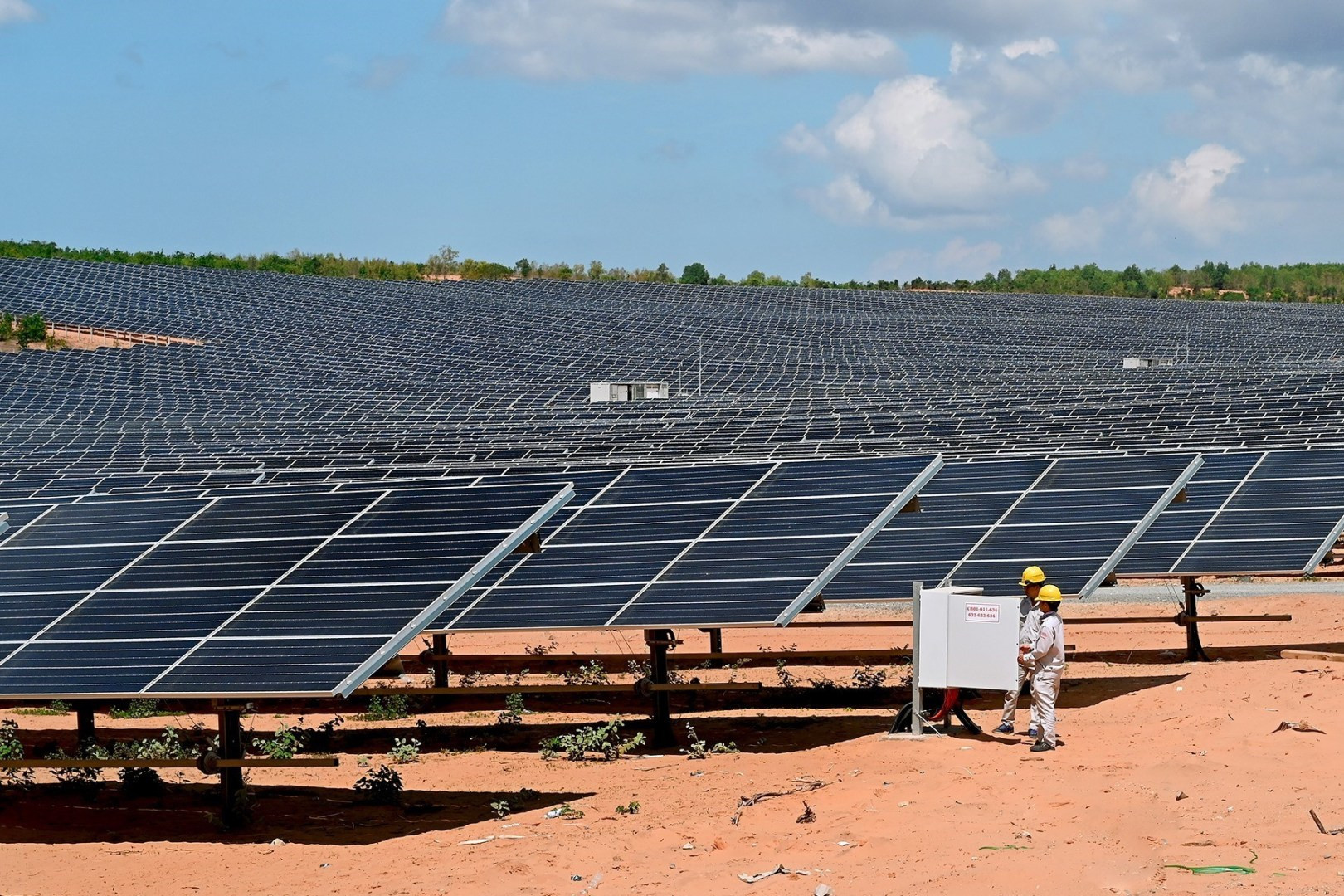
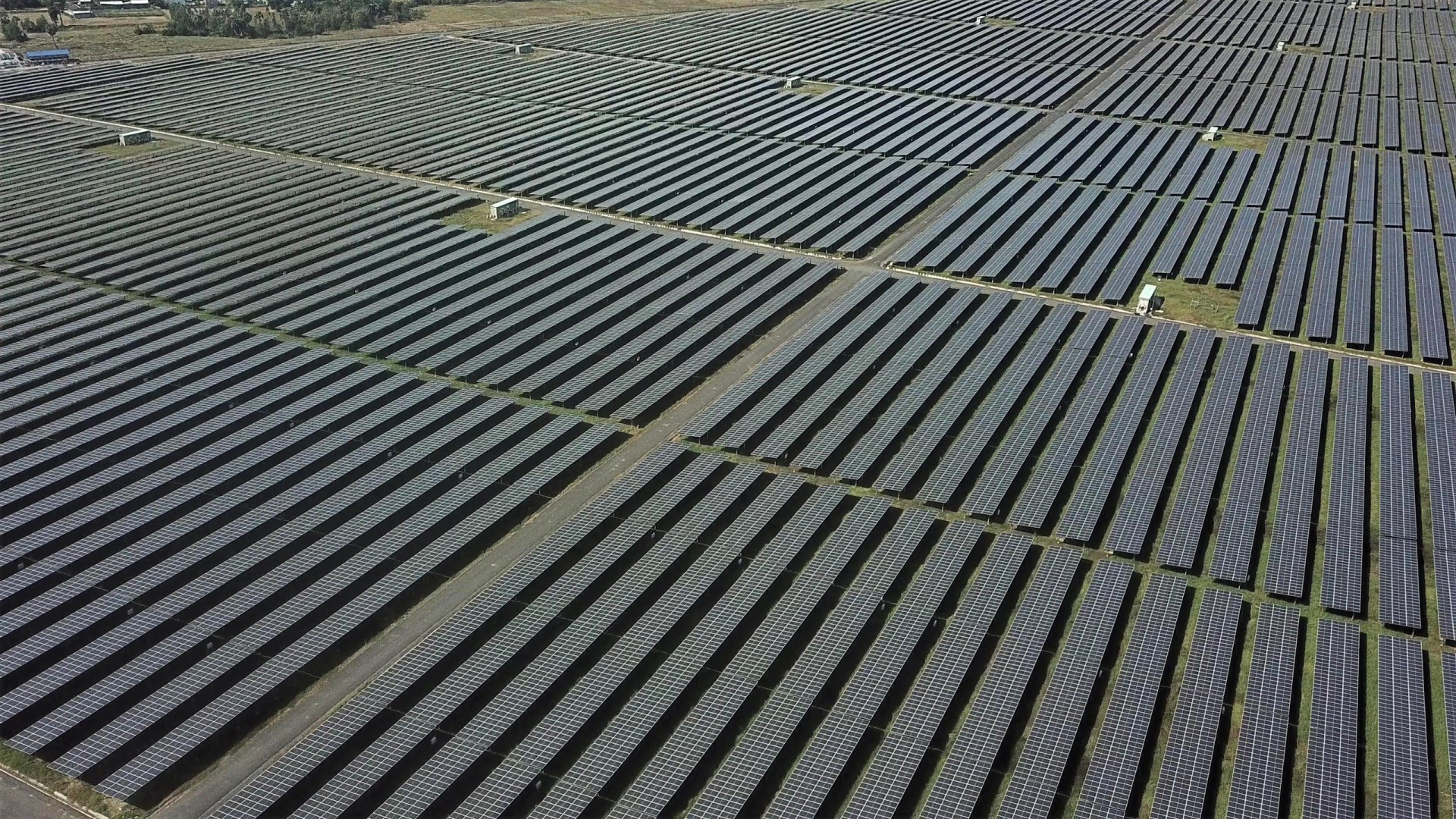

From left to right: Solar power plants in the provinces of Binh Thuan, An Giang, and Phu Yen (Photo: VNA)
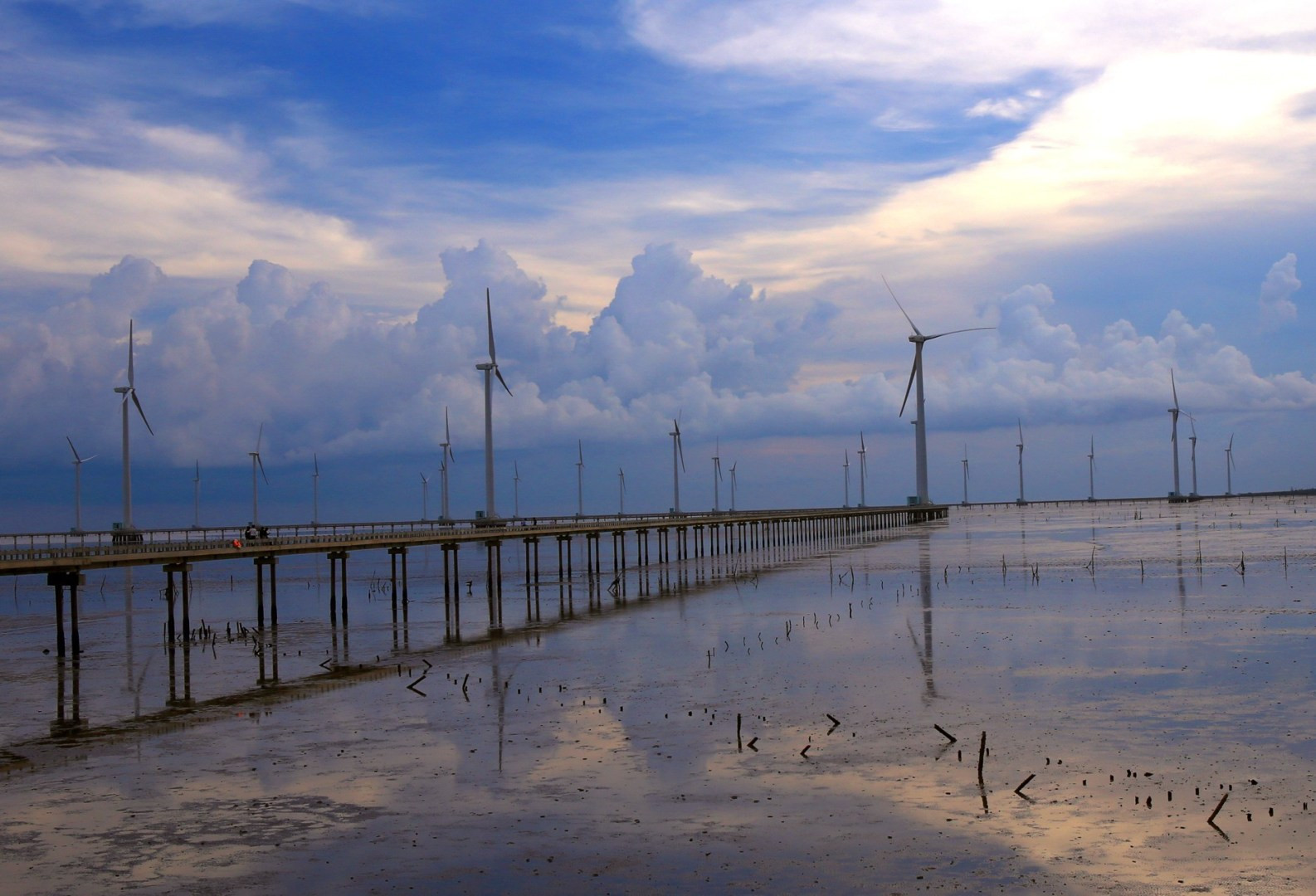
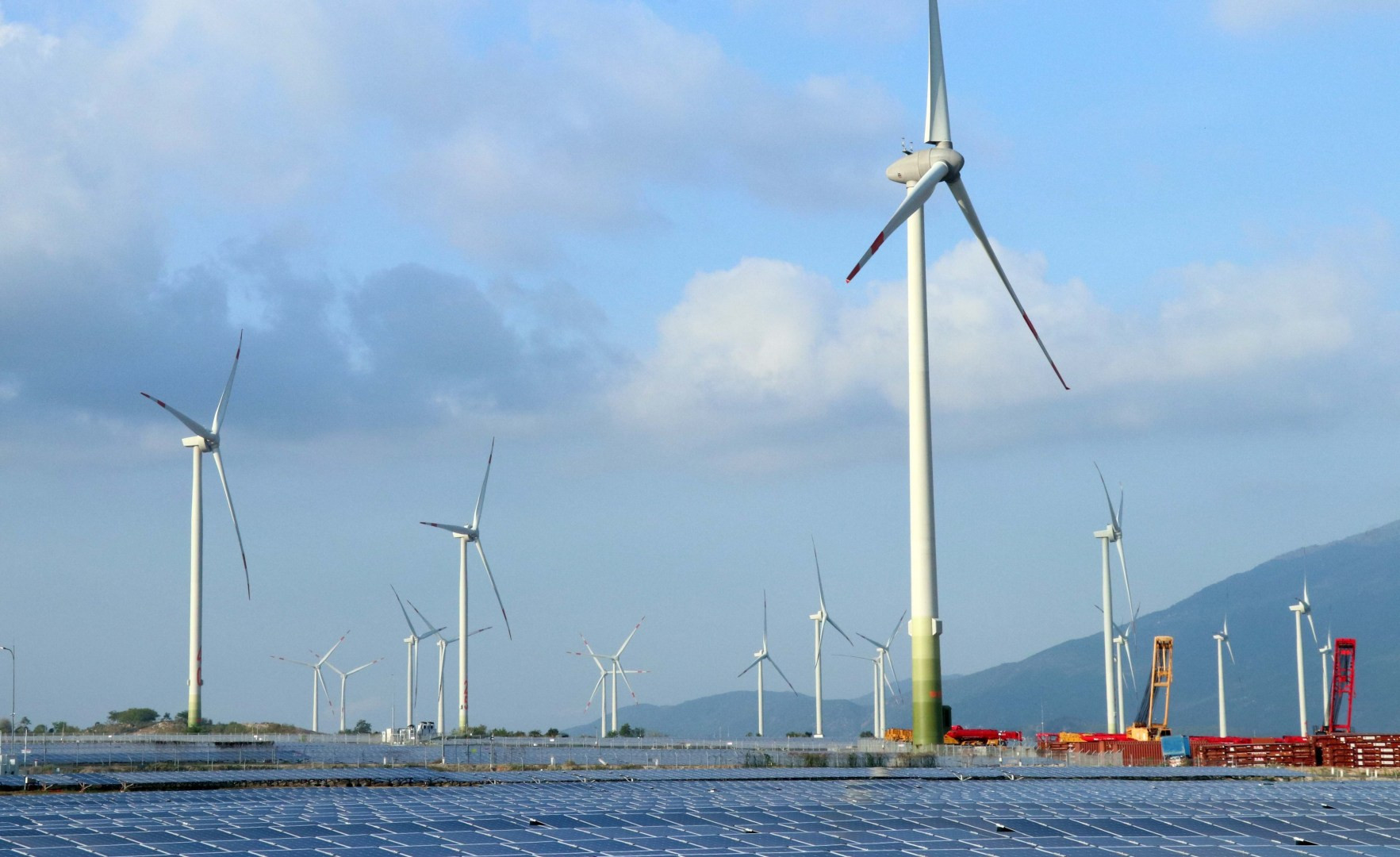
Wind power projects in Bac Lieu and Ninh Thuan provinces (Photo: VNA)
Localities have also adopted climate adaptation measures in agriculture and promoted investment in renewable energy projects, particularly solar and wind power.
Coastal areas with designated marine zones for nearshore wind projects include Ca Mau (8 projects), Bac Lieu (3), Tra Vinh (5), Soc Trang (3), Ben Tre (4), and Tien Giang (1).

Several companies and corporations, such as the Vietnam Oil and Gas Group (Petrovietnam), Vietnam National Coal-Mineral Industries Group (Vinacomin), and Vietnam National Chemical Group (Vinachem), have reviewed and proposed amendments to legal regulations and updated policies to align with the 2050 net-zero emission goal.
They have developed greenhouse gas inventory guidelines, implemented methane emission reduction measures, and built green banking models. Many businesses have invested in pollution control technology, recycling, carbon capture, and CO2 storage systems.
Supporting greenhouse gas emission reduction goals

According to the Ministry of Natural Resources and Environment’s Department of Climate Change, Vietnam is focusing on a compliant carbon market to support greenhouse gas reduction targets.
The Law on Environmental Protection 2020 established the framework for a carbon market, including compliance with carbon trading activities and credit exchanges domestically and internationally.
Facilities emitting greenhouse gases must inventory emissions and can trade on the domestic carbon market.
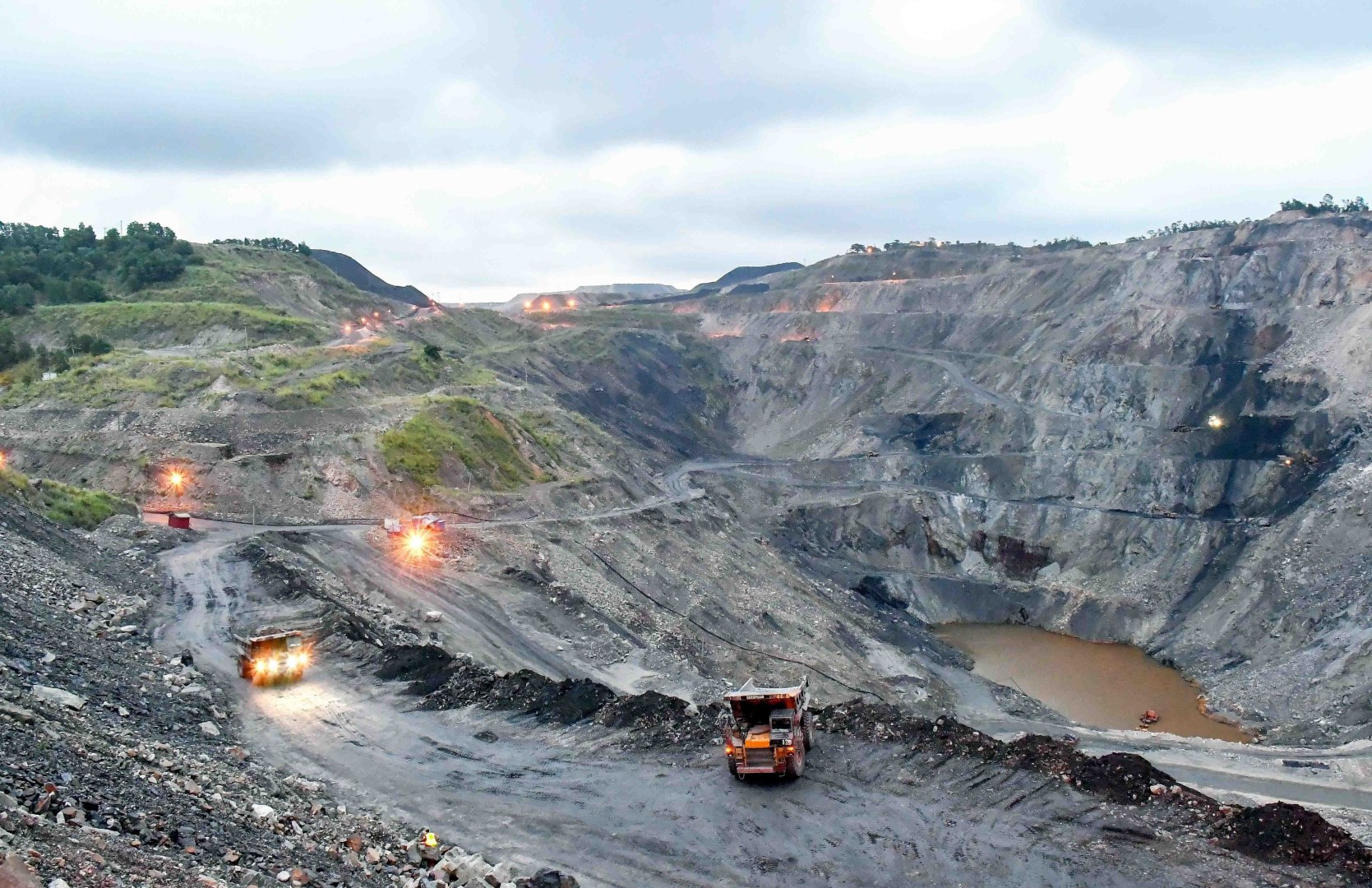

Illustrative photo (Source: VNA)
The government has outlined a two-phase roadmap for the development of the carbon compliance market, focusing on regulatory frameworks and credit management from now until the end of 2027.
This includes developing carbon credit management rules, piloting a carbon exchange platform, and increasing capacity and awareness.

From 2028, the carbon credit exchange will operate officially, with regulations for connecting the domestic market with those in the region and the world as well as for carbon credit exchanges between the sides.
The Ministry of Finance has presented the carbon market development plan to the PM, detailing tasks for the periods of 2023-2024, 2025-2027, and beyond, assigning responsibilities to various agencies and businesses.
Since the mid-2000s, Vietnamese businesses have traded carbon credits on the global voluntary carbon market through mechanisms like the Clean Development Mechanism (CDM) since 2006, the Gold Standard (GS) and Verified Carbon Standard (VCS) since 2008, and the Joint Crediting Mechanism (JCM) with Japan since 2013. To date, Vietnam has logged 150 projects generating 40.2 million carbon credits.
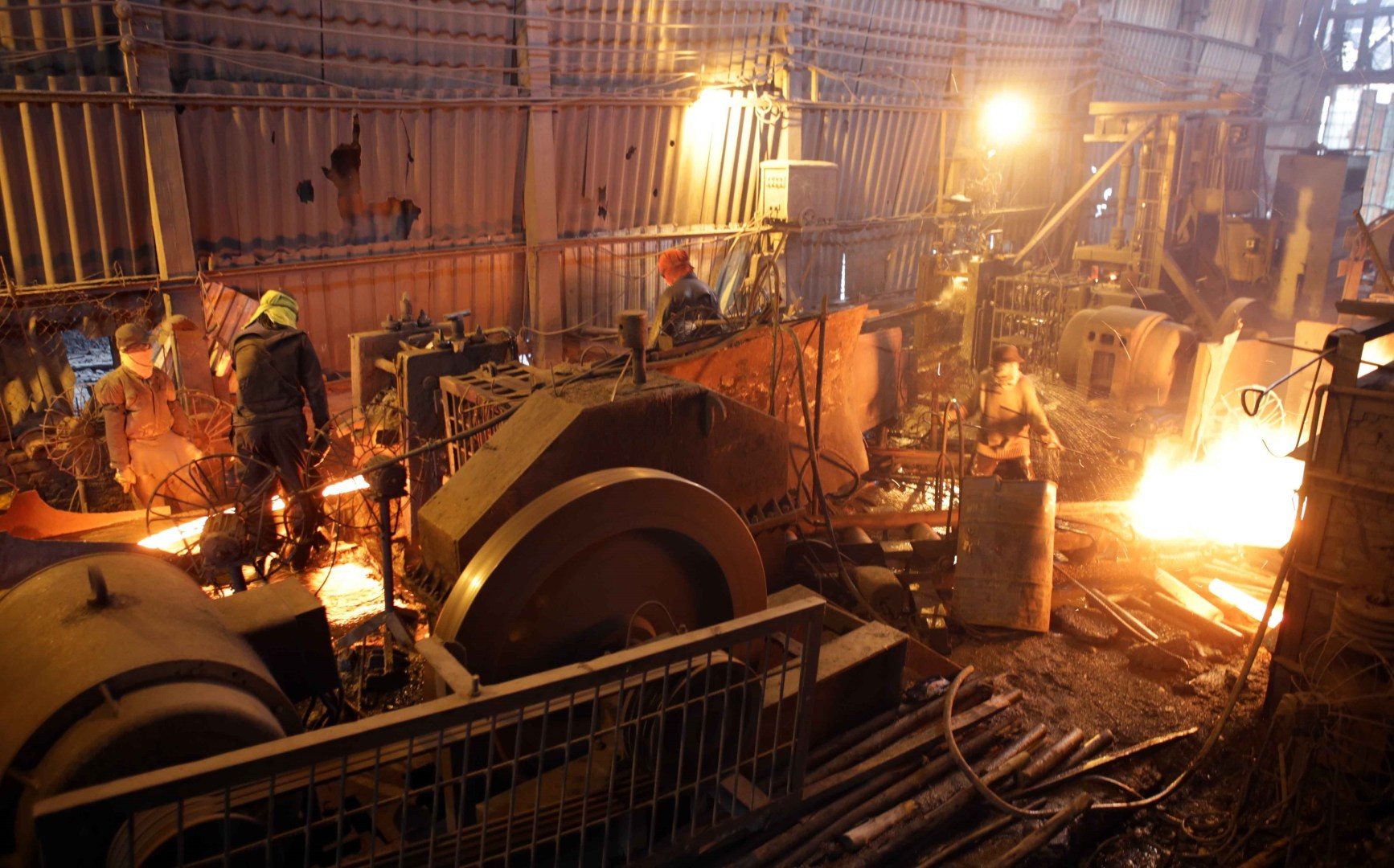
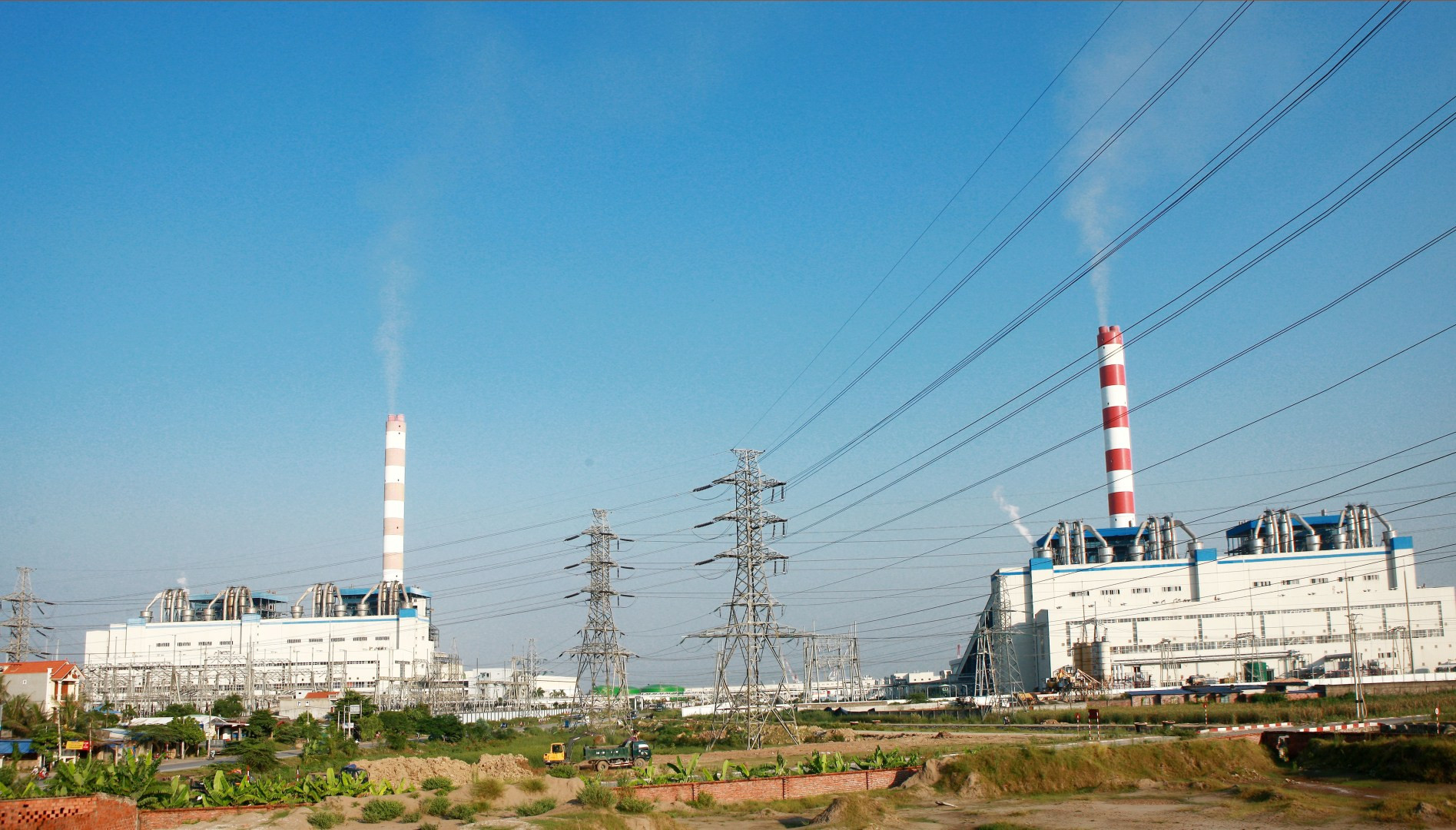
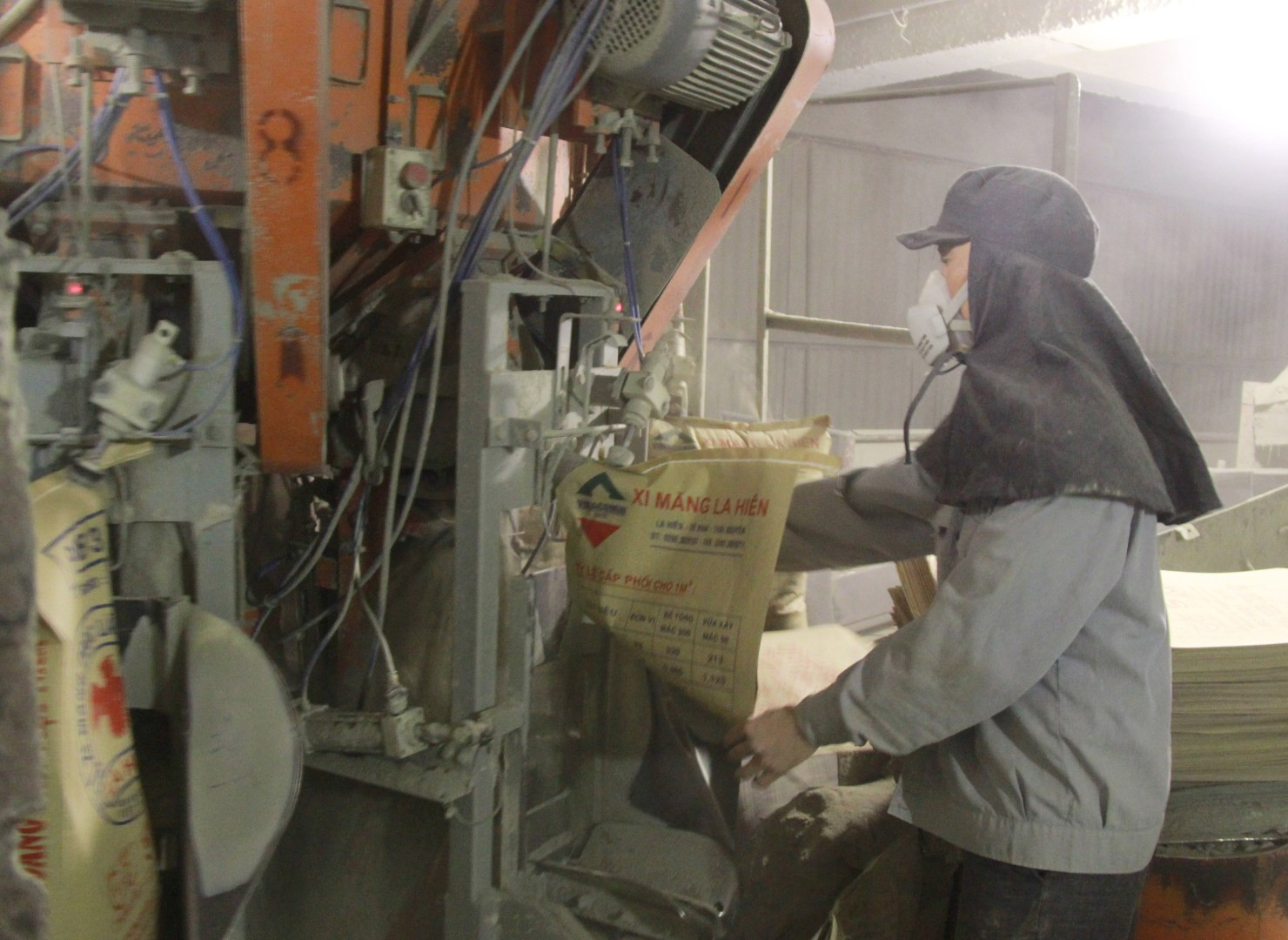
Illustrative photo (Source: VNA)
Currently, ministries involved are guiding enterprises on greenhouse gas emissions calculations for quota allocation. The country will initially pilot compliance carbon markets in high fossil fuel sectors like power generation, steel, and cement.
Pham Van Tan, Deputy Director of the Department of Climate Change, stressed that greenhouse gas reduction activities must follow common but differentiated responsibilities, in line with the UN framework convention and Paris Agreement on climate change.
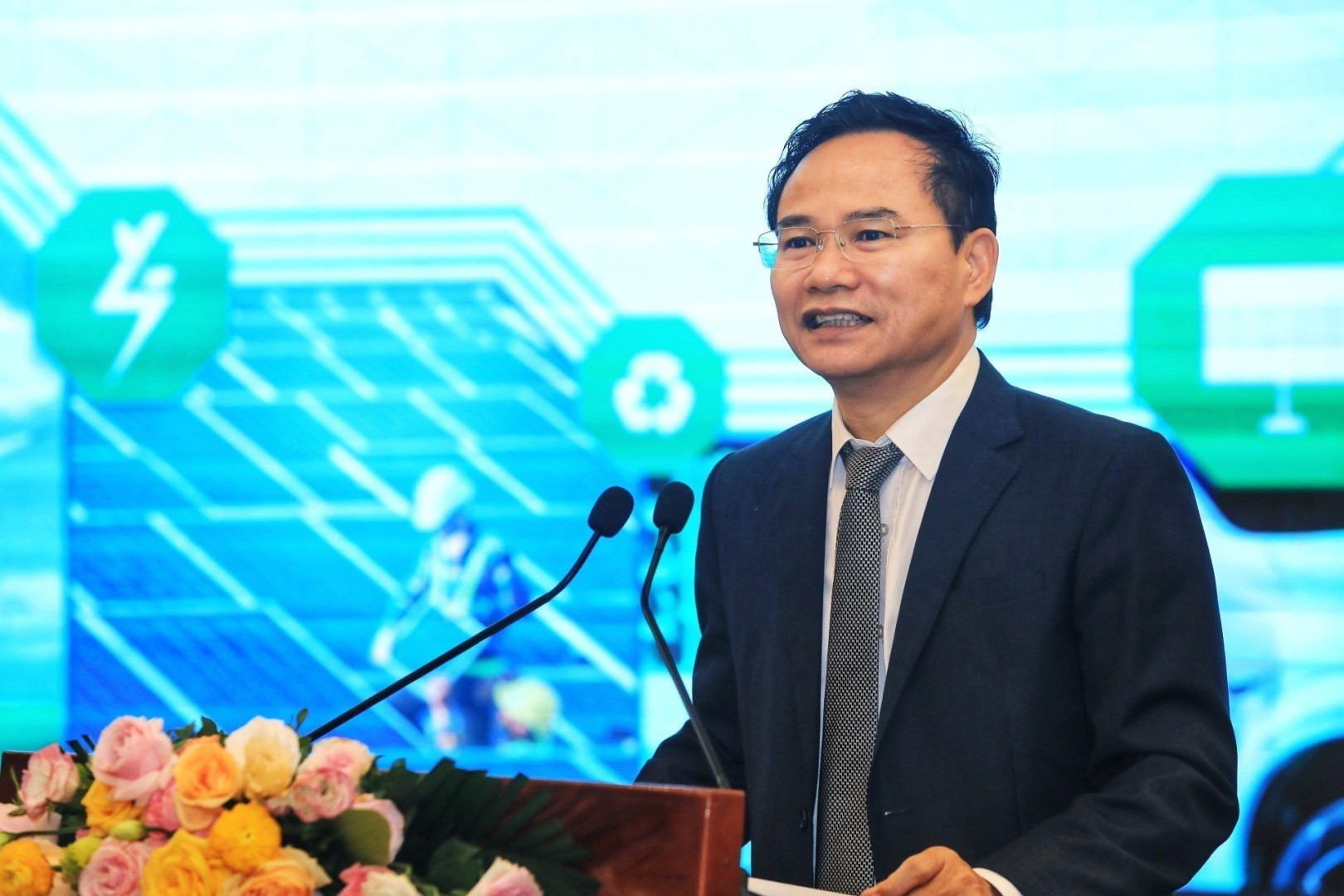
Vietnam is firmly committed and actively pursuing climate action. The country calls for global adherence to commitments through concrete actions, such as developing specific roadmaps to balance finance for adaptation and mitigation and doubling adaptation finance by 2025./. VNA